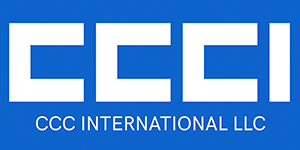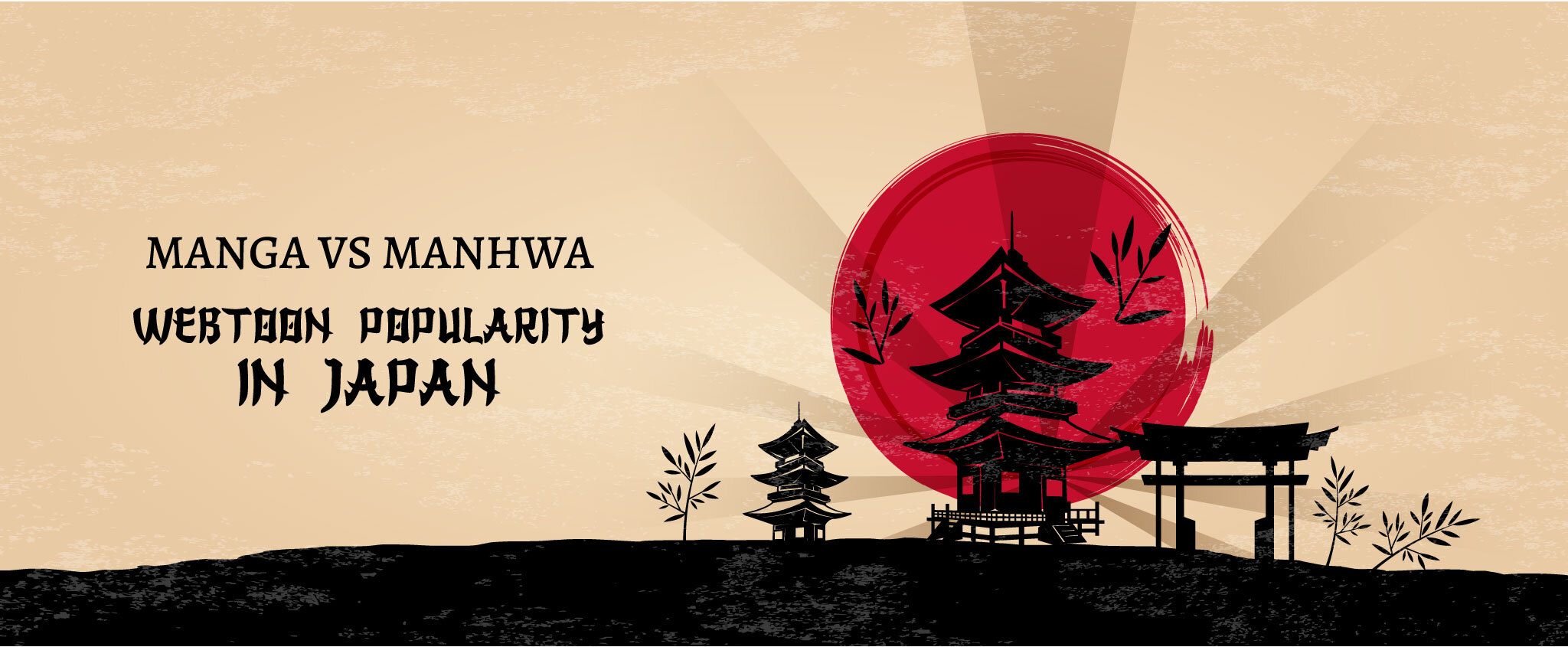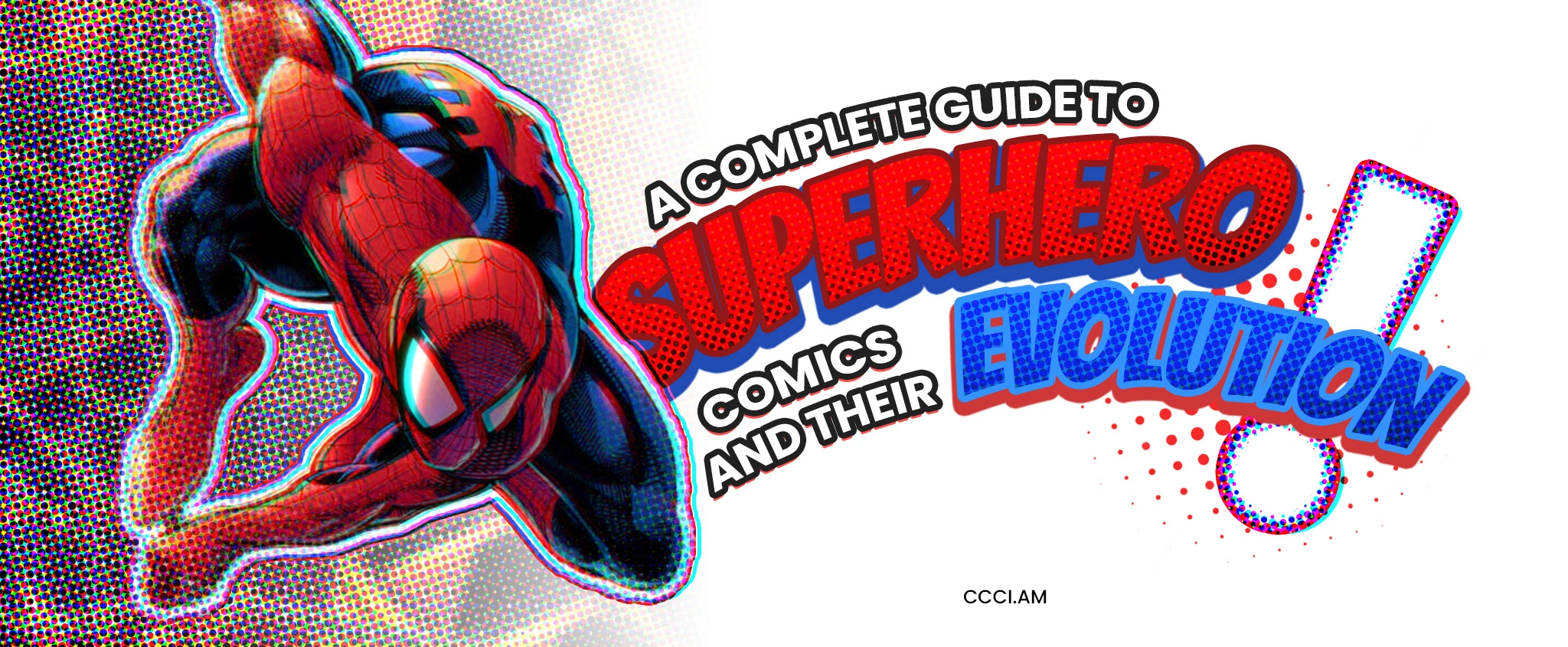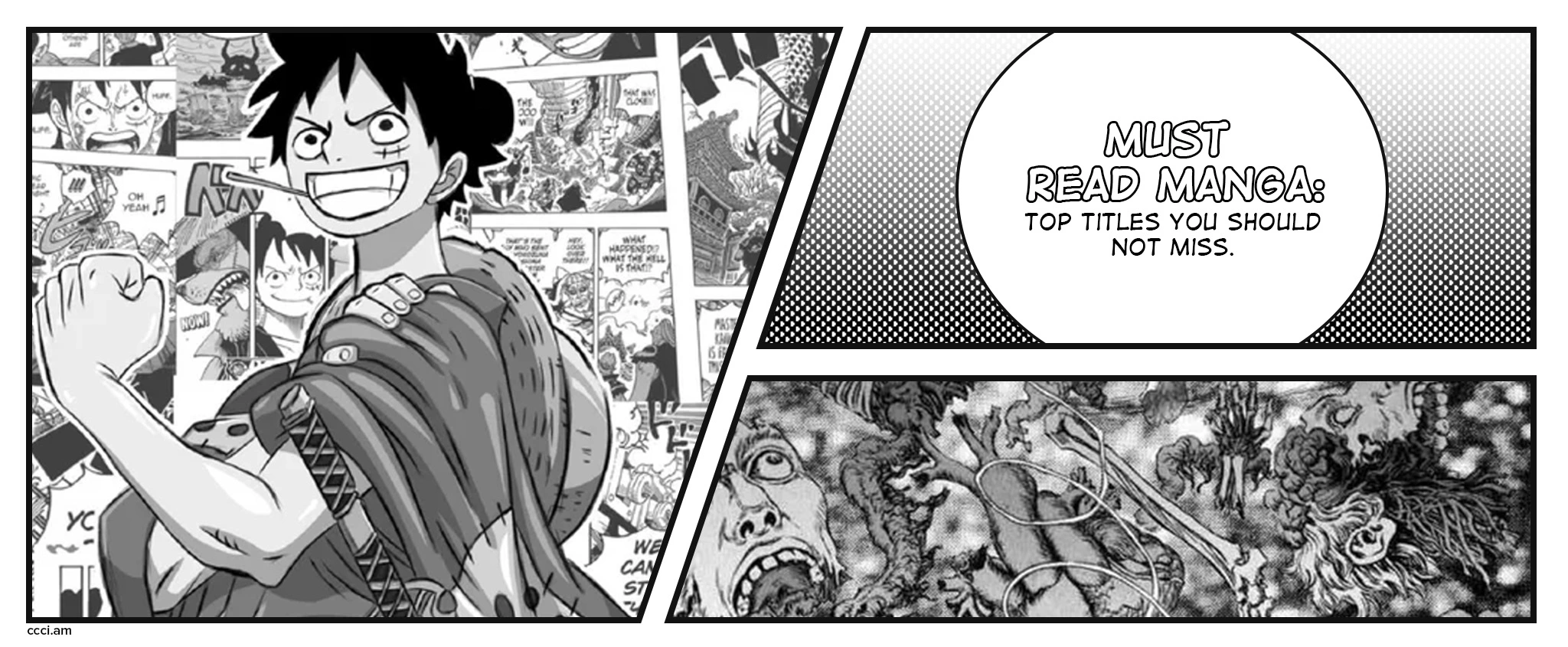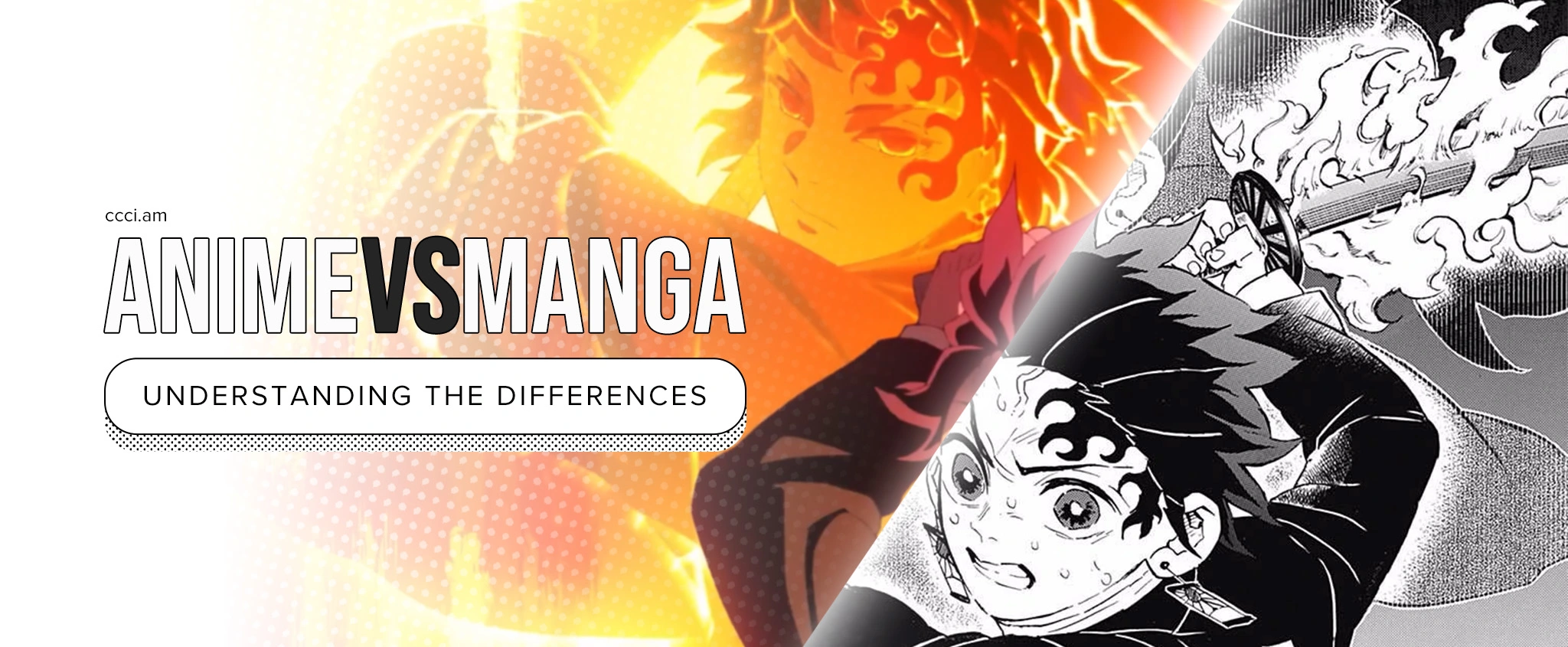Manga vs Manhwa: Webtoon Popularity in Japan
Key takeaways:
- The correct approach on manga vs manhwa is seeing each platform’s potential and pushing them for globalization.
- Manga and manhwa come from different origin countries, bearing different cultures and influences.
- As Japan continuously adopts digital technology for the manga industry, more creators and readers are also exploring manhwa.
- There is a rise in the demand for manhwa English translation as more countries get access to titles.
- Quality webtoon translation allows creators to reach a wider audience in Japan and other parts of the globe.
- Piccoma, a Japanese webcomic service run by Kakao Japan, was the third-highest earning app in the world in 2021, further boosting webtoon popularity in Japan.
- Webtoon-based K-dramas have also entered the Japanese and other international markets.
Table of contents
- Manga vs Manhwa: What’s the difference?
- Webtoon Popularity in Japan 2021
- CCCI – Professional Webtoon, Manhwa and Manga Translation
One thing that is impossible to miss when discussing Japanese culture is manga. Manga holds a big part of the country’s identity, reaching and influencing readers even outside Japan. But did you know that South Korea’s comics also play to the crowd? Let us delve deeper into manga vs manhwa.
It seems like there is a competition between Japanese and South Korean comics for some enthusiasts. Manhwa is booming worldwide, including Japan, and readers cannot help but compare the two. Well, manga and manhwa are unique in their own ways, so readers can enjoy both!
In this article, let us understand the differences between manga and manhwa and look at the rise in the demand for manhwa English translation. The creation of the webtoon Japanese version presents opportunities that you should not overlook. Whether you want to have a manga, manhwa, or completed webtoon translated, there is an audience waiting for you.
Manga vs Manhwa: What’s the difference?
We have already mentioned three terms that you might or might not know the definitions of: manga, manhwa, and webtoon. You might get even more confused when you come across manga vs manhwa vs manhua! The easiest way to know their differences is through the origin country.
Manga are comic books made in Japan, while manhwa are made in Korea. Specifically, the manhwa available to the public are from South Korea. There are also manhwa from North Korea, but they are usually not accessible to English-speaking readers. Though our main focuses are manga and manhwa, it is essential to know that China also has its comics called manhua.
Manga and manhwa have different approaches, cultural influences, and histories, so it is never correct to use manga as a term for all types of East Asian comics. And though different, the two have parallel narratives. On the one hand, the modern format of manga that we all know now was developed after World War II. This was when the Godfather of Manga, Osamu Tezuka, emerged as a creator.
On the other hand, the modern manhwa is rooted in political and social commentary. They were political cartoons! And during the Japanese occupation of Korea, they were suppressed along with newspapers. The government definitely shaped manhwa’s landscape, content, and influence.
Now, apart from the origin countries, what else makes manga and manhwa different from each other? Manhwa is read from left to right, top to bottom, while manga is read from right to left, top to bottom. The two give entirely different reading experiences! Moreover, manga is drawn in black and white. Yes, there are full-colored manga, but they tend to be rare.
Colored illustrations are usually for introductory pages. They highlight a popular title or debut launch, and then the rest of the book comes in black and white. Manga is also serialized in weekly or monthly magazines, printed on cheap paper. Later on, chapters are collected into volumes, the format most recognized in North America.
The manga industry is shifting toward digital distribution. We now have access to manga apps, but the experience with reading in volumes is still more remarkable. However, it is a different case with manhwa. Unlike manga, manhwa is quite fast in adopting digital technology. This is where webtoon comes in.
Pro Tip
Pro Tip
Remember that most manhwa are webtoons, but not all webtoons are manhwa. Webtoon is the term for online comics that are read vertically for readers through smartphones. Many manhwa are now webtoons with the rise of digital technology, but not all webtoons are necessarily manhwa.
Generally, webtoons are animated cartoons published on the Internet. With this, manhwa as webtoons are designed for reading on mobile phones—long and vertical with panels arranged for continual scrolling. Since webtoons are made for digital reading, they are mostly in full color.
Note: Some webtoons have embedded music tracks. Unfortunately, there are apparent artistic level differences between webtoons and printed manhwa. Still, enthusiasts enjoy the accessibility of webtoons, and more companies are taking advantage of its growing popularity worldwide.
Korean manhwa vs Japanese manga–there is no need to choose! Manga’s worldwide success is seen to continue, especially when it is already digitally available, too. What you can explore now is the future of Japanese webtoon translation, which brings various exciting Japanese webtoon series to webtoon enthusiasts. How did the webtoons industry in Japan start, and where is it now?
Webtoon Popularity in Japan 2021
As early as 2018, Kakao Corp. saw extremely popular manhwa and webtoons as its key to entering the Japanese and Chinese market. Japan had been their top priority since its market size is thrice bigger than that of Korea. When Kakao launched the webtoon platform Piccoma the previous year in the country, it ranked as the second most downloaded webtoon apps.
Piccoma is a Japanese webcomic service run by Kakao Japan, which is the Japanese subsidiary of Korean portal operator Kakao. In 2019, it made the biggest revenue among the smartphone apps in Japan–37.6 billion yen! Piccoma reached a daily record revenue of 4.37 billion yen on May 5, 2021, and 4.2 million daily users on May 7.
We cannot deny that webtoon in Japan are on a high. Of course, since webtoons are smartphone-ready, more readers are enjoying its convenience. They are easy to view and have multimedia functions that make the graphics and storylines more enticing. Do you know what else webtoons give us? Several source materials for many K-dramas!
Note: In 2019, a survey conducted in Japan showed that 30.2% of the respondents believed K-dramas were quite popular in the country. Many webtoon-based K-dramas got viewers’ attention worldwide, which also proves the possibility that the two platforms can influence each other’s global recognition.
Extraordinary You in 2019 and True Beauty in 2020 are two of the top K-dramas based on popular webtoons. And as more companies see the impact of Korean manhwa translation, more titles join the lists of most popular Korean webtoons to read.
Piccoma was the third-highest earning app in the world in 2021. What makes it even more mind-blowing is that it is only available in Japan! So yes, you have to consider creating a webtoon in Japanese because the industry saw strong growth last year. It has started a digital comic revolution!
We have seen how manga translations jumpstarted the industry’s globalization. The only way to create the same global wave with webtoons is through manhwa English translation. Who knows? The increase in the number of Korean webtoon platforms in Japan might happen soon. You would want to have your titles ready for giant international markets. Luckily, CCCI is ready to help you with your webtoon translation.
CCCI – Professional Webtoon, Manhwa and Manga Translation
Manga and comics translation, localization, typesetting, and animation. You name it, and we will do it! CCCI is a top manga and comics translation company, collaborating with licensed manga distributors and publishers in Japan and other parts of the world. Yes, we can work on your webtoon translation project, too!
CCCI handles translation and localization, making comic books available in different languages. Apart from our manga and comics services, we also provide game translation and localization. Our multilingual team professionally helps creators reach more readers in other languages. We go through thorough linguistic tests to ensure our output’s accuracy and overall quality.
CCCI operates across Europe, Asia, and the US. We offer services in up to 30 languages, which means we know everything we have to learn from manga translators. You do not need to go through the challenges of translating your webtoon. All you need to do is get in touch with us, and you can rest assured that your webtoon is on its way to your target markets!
Remember, webtoons are not only taking Japan by storm. It has also reached Indonesia and other neighboring Asian countries. You have to up your game by trusting only the experts with your webtoon. With CCCI, you are in for professional webtoon typesetting and other manga and manhwa services.
Manga vs manhwa? Let us make manga and manhwa! The future of webtoons lies in translation. Contact us today.
